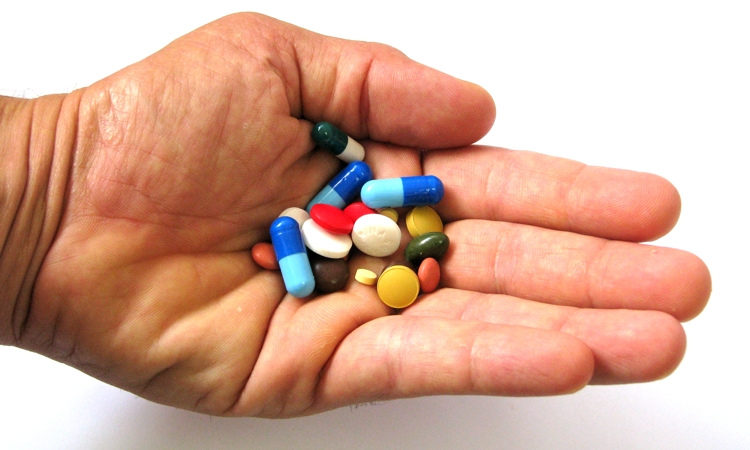When patients are recovering from painful injuries or extensive surgeries, they are often prescribed narcotic medications as pain relievers. While these medications are effective at the tasks they were designed to perform, they are also very addictive. Whether or not addiction can give rise to medical malpractice is in question.
How Addictive?
The majority of pain medications are made from opium. This natural ingredient is found in heroine and is highly addictive. The most commonly prescribed forms of opium are Percocet, Vicodin, Dilaudid and OxyContin. Taken correctly, and when properly weened, many medications present no problem for patients. It is not unheard of, however, for patients to find themselves unable to function without their narcotic pain relief.
Medical Malpractice
In general, medical malpractice can be caused by a variety of factors, including failure to exercise a degree of caution, are on the part of the health care provider. In the case of addiction to medication, a patient or a patient’s family must prove that the doctor was negligent in prescribing or continuing to prescribe a medication.
Proving Malpratice
A patient will need to show or prove the following to have a successful claim:
- Medical history
- Diagnoses
- Complaints
- Objective medical finding
- Doctor’s experience
- How your condition should be treated
These types of cases can be very complicated. In order to make a successful claim, patients must seek the advice and representation of an attorney experienced in medical malpractice cases. Without such advice and assistance, it can be extremely difficult to prove that addiction to medication was caused by a medical professional’s negligence.
If you or a family member have become addicted to pain medication following injury or surgery, please call our offices today. A member of our experienced team will discuss the details of your case with you and advise you how to best proceed. Call us today for your free initial case evaluation. Victims of medical malpractice in South Carolina depend on us.


